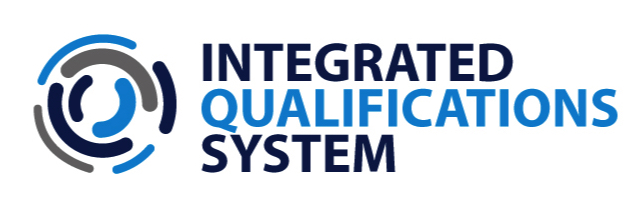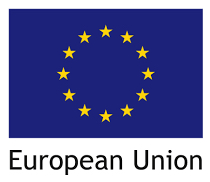What are vocational qualifications?
Vocational qualifications – or market qualifications to use another term – emerge as a response to the needs of the market and define the required skills necessary on a particular position. They can be submitted for inclusion in the Integrated Qualifications System (IQS) by any entity, which determines the need for a given qualification due to, e.g., a competence gap on the market. Such entities may include small and medium enterprises, large corporations, industry organisations, associations as well as companies offering training services.
Each market qualification consists of learning outcomes or sets of learning outcomes, i.e. knowledge, skills and social competences needed to confirm a specific qualification and by the same token to perform a particular task or profession. Please find below several examples of such qualifications:
- Active sale targeted at corporate clients – a sales representative.
- Handling court and out of court mediation in civil law cases.
- Community mental health services for children and teenagers.
- Repair, maintenance and modernisation of bicycles.
- Recovery of data from hard disk drives.
The Integrated Qualifications Register
A complete list of vocational (market) qualifications, which have been included in the IQS, can be found in the Integrated Qualifications Register (IQR) at https://rejestr.kwalifikacje.gov.pl. A description of a market qualification provides information on the profile of the qualification, who the qualification is intended for, required initial qualifications, the demand for the qualification, qualifications or a similar type, typical uses of the qualification as well as the requirements applicable to validation. Furthermore, the description provides information on the benefits resulting from the given qualification as well as the prospects it offers on the labour market.
How do qualifications compare to education?
Vocational qualifications are acquired through non-formal and informal education. Informal education encompasses all types of courses, workshops and training, i.e. learning organised by institutions and conducted according to curricula not included in the scope of the formal education (schools and universities). Non-formal education encompasses gaining knowledge and skills throughout one’s whole life by performing everyday activities. This includes self learning at home, at work, over the Internet as well as learning from one’s colleagues and co-workers. In line with the idea of validation, it is not relevant how you have gained your knowledge and skills in a given field, what matters is that you can demonstrate the possession of knowledge/skills. Analysing the requirements relating to the qualification is the way to go to ensure a successful validation result.
For example – if you have learned how to use graphic design software and you can create computer graphic designs according to customers’ needs, you should read the description for the qualification Computer graphic design and then, if you believe that you meet all the requirements for this qualification, go to the Awarding Body. There, you will be able to have your knowledge and skills in this field confirmed and the certificate you will receive, upon successful validation, will be a proof of your competence that you can produce to potential employers.
How to include a market qualification to the IQS?
Each entity, which determines that there is a need on the market for a specific qualification, may request its inclusion in the IQS through the Integrated Qualifications Register (IQR). In order to do so, the entity should file an electronic application with a detailed description of the qualification. Following an official assessment, the submitted application gets sent to the minister relevant for the qualification in question. The application should be examined within three months (the deadline may be extended though). Having received the application, the relevant minister shall:
- Consult the application with interested milieux and invite opinions regarding the qualification.
- Elicit opinions from experts regarding the economic and social need for the inclusion of the qualification in the IQR.
- Assess the application, taking into consideration the following: learning outcomes and requirements applicable to validation, whether the qualification corresponds with the needs of the society, the labour market and employers, the adaptation of the requirements to the circumstances and the capacity in terms of attainment of the learning outcomes in the expected time-frame as well as the similarity between the requested qualification and other qualifications already included in the IQS.
- Assign a Polish Qualifications Framework (PQF) level.
- Prepare an announcement on the inclusion of the qualification in the Integrated Qualifications System.
The vocational (market) qualification included in the IQS becomes a functioning qualification only once the minister appoints an external quality assurance entity (EQAE), which shall be assigned to at least one Awarding Body (AB) authorised to award the given qualification.












